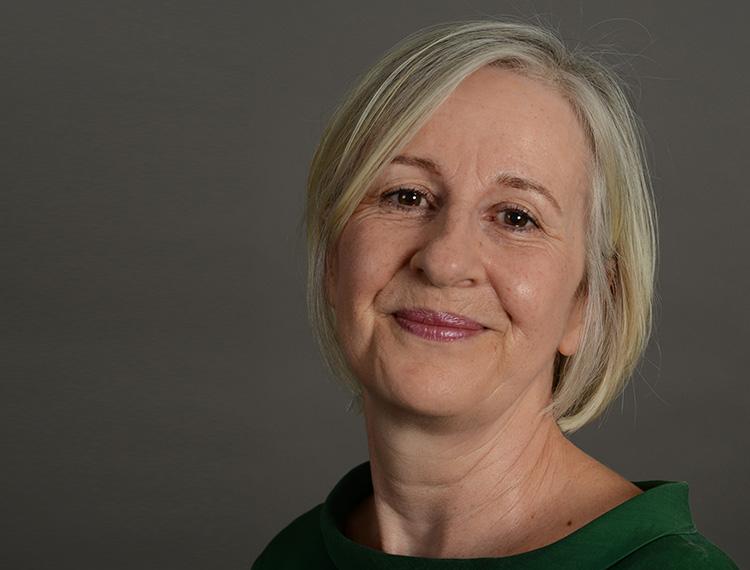Shaping success – the role of the ETF in maths and English

There has been a quiet revolution going on in the further education sector over the last four years.
Substantial numbers of learners now required to re-sit GCSE maths and English, brand new GCSE specifications with a new grading system and an ongoing review of Functional Skills that is re-examining their value, purpose and content.
And now a new £16million fund to encourage more learners to continue studying maths to Level 3, focusing on disadvantaged groups.
All this for a sector that is already busy training the next generation of skilled people, equipping them for jobs now and in the future – whatever that might look like.
Ongoing challenges
Senior leaders have had to make maths and English their business and each understand their unique set of challenges – and some challenges are bigger than others.
The most successful have set out a clear vision that is communicated to all staff at every level and put maths and English at the centre of the curriculum.
Ofsted feedback suggests there is no ‘right way’ to organise maths and English provision as long as learners improve their skill levels compared with their starting points and can apply their English and maths skills in their vocational subjects.
Sounds simple but incredibly difficult to do with national shortages of teachers, a packed timetable, tight funding and learners who want to focus on the vocational course they have chosen.
At the ETF, we believe that students following professional, technical and vocational routes and those on academic routes deserve to have the same high aspirations and standards of excellence in maths and English.
We also want the very best for adult learners who return to learning, often overcoming significant emotional, practical and logistical barriers.
We are supported by a dedicated team of Regional Specialist Leads who provide information, advice and guidance to staff and providers, helping them to access the right support.
Our team of delivery partners offer a range of courses that have been developed in line with our research and feedback and our resources include films, tip sheets and teaching materials.
We also fund collaborative projects and Professional Exchanges to provide space for teachers and trainers to meet, share ideas and learn from each other.
Leading the way
Our expertise comes from delivering CPD, engaging with maths and English teams, vocational and support staff, students and managers. Our CPD is underpinned by the Professional Standards, QTLS and now Advanced Teacher Status (ATS).
ATS is the new status that recognises experienced professionals who can demonstrate mastery in teaching, have an exemplary degree of subject knowledge and work collaboratively to improve teaching standards amongst their peers.
We were so pleased to easily reach our targets for the first cohort and quite blown away by the high calibre of applicants from all parts of the sector who are committed to their own professional development and to supporting their peers.
We have just released our first CPD for Learning Support Assistants to effectively support maths and English based on some small scale research to determine their needs.
All subjects involve reading, writing and speaking and aspects of maths pop up everywhere so LSAs can play a key role in helping learners develop these skills and apply them in context.
Six modules in particular aspects of maths and English are linked to our online modules so that LSAs can brush up their own skills beforehand. Our online modules now cover the full range of skills and knowledge for Level 2 and include summative Functional Skills and GCSE tests.
To help make sure that learners’ starting points are accurately assessed, we have developed Effective Practice Guidelines to raise awareness and improve practice, ensuring learners are actively engaged in monitoring their starting points and progress. These guidelines are supported by training for practitioners and managers.
To make sure you make the most of the ETF’s support, check out our website, sign up for our newsletter to keep in touch or contact your Regional Specialist Lead for advice.
Most importantly, please engage with us – let us know if something has made a difference and tell us if there is support you need that we might be able to provide. We will listen.
Sue Southwood, Head of Maths and English, the Education and Training Foundation
ETF maths and english: To start browsing the Maths and English Pipeline, click here or for more information email Sue Southwood.











Responses